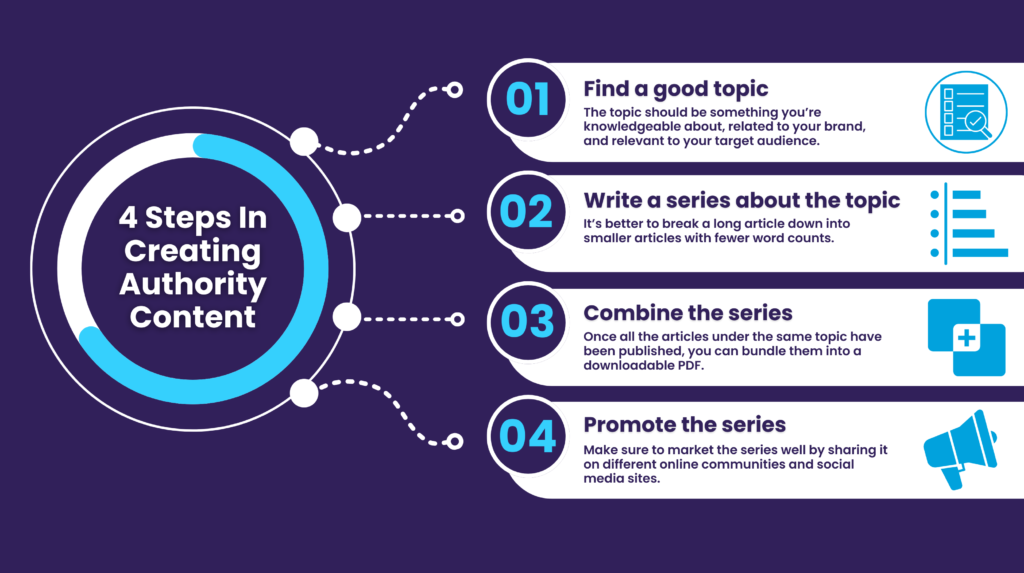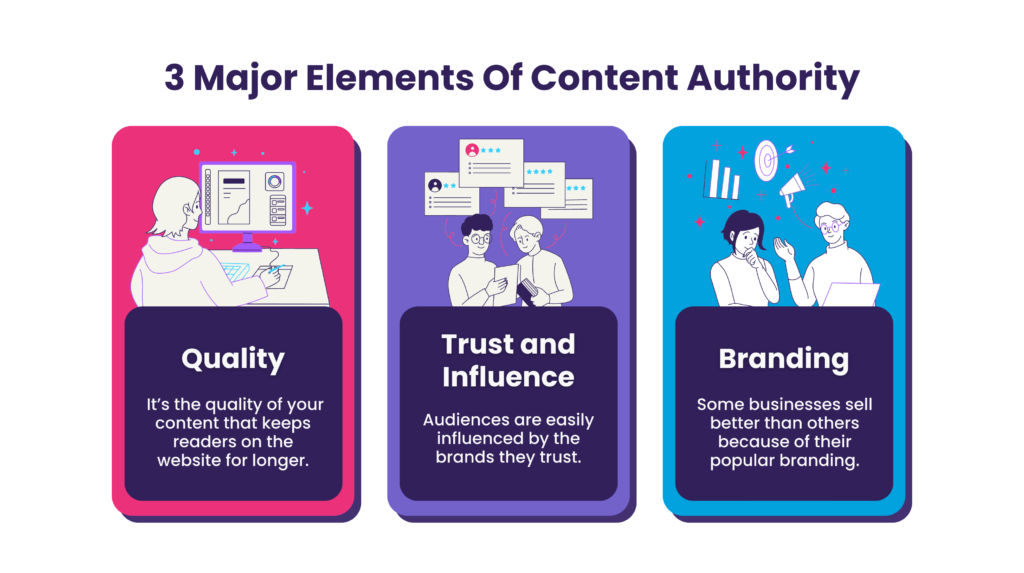Menu

More businesses are integrating content marketing strategies to increase their engagements and sales. Although content creation has massive benefits when done correctly, becoming a reliable brand in your industry isn’t an easy feat – it may take months or years to learn the ropes and find the right strategy to create the best content that represents your brand.
But the term “engaging content” has become such a buzzword that blogs forget the primary purpose of creating content. While it’s still important to pique the interest of audiences with your blog posts, the focus of your content should be to provide smart and practical advice they can use instead of just trendy pieces with no substance.
When you look for different ways to improve your blog, a lot of search results on the internet mention tips on creating “engaging content” and how it’s crucial for brands to write them. But because of the sheer number of these articles online, the term “engaging content” has become a buzzword and lost its true meaning.
Instead of catching the attention of audiences and encouraging them to continuously interact with the brand, engaging content has been reduced to something clickable and interesting for readers. Although they help increase site traffic, they also lead to high bounce rates that might do more harm than good to a brand.
Luckily, blogs that focus on engaging content can still be saved. Your content might only need a few tweaks before it can pull the right audience and give your brand the attention it deserves. Here are some tips you can do to avoid the fallacy of engaging content and improve your blog:
Writing engaging content has its benefits, but it won’t be enough to make the brand stand out among the leading blogs in the same industry. The engagements that this type of content provides are often weak and superficial, so brands are better off trying more effective approaches if they want to be reliable figures in their industry.
Instead of engaging content, brands should aim to make “authority content” that demonstrates their expertise. It makes the brand seem trustworthy in the eyes of potential customers and clients, which often results in increased sales at some point.
The biggest difference between these two types of content is that authority content requires consistent action from brands. Publishing a round of blog posts or videos won’t be enough – it has to be shared consistently and grow steadily.
Aside from quality alone, authority content also focuses more on consistency. If you have 12 pieces of content about a topic related to the brand, it’s better to release them at a consistent rate of once per month instead of publishing them all at once. Additionally, the information created and distributed from the authority content should also be helpful for audiences and prospects that have very specific questions.
Well-marketed content gains attention from audiences and engaging content helps brands establish engagements. But authority content takes everything a step further by attaining the trust of audiences who are most likely to benefit from the product or service you offer.

The fact that many brands have a hard time understanding is that their products and services aren’t meant for everyone. No solution is considered the perfect fit, so the key to becoming a successful brand in your chosen industry is to market and sell your services to the people who benefit from them most.
Writing authoritative content instead of engaging content can help you build trust with the right prospects. It can even bring a lot of benefits for the brand by helping you reach wider audiences, making the brand easily searchable, encouraging internet users to find you, and offering new clients for you.
To help you get started on writing authority content and building a strong audience base, here are 4 important steps to follow:

Like any other type of content, brands also need to pay attention to the different elements that make up authority content like:
Quality is an essential element of everything, including content and blog. Having a lot of blog posts is useless if none of them are high-quality. It’s the quality of your content that keeps readers on the website for longer. Most readers don’t care if the language used in a blog passes professional standards, but they tend to notice typos and grammatical errors.
Although the structure of sentences is important in blogging, building high-quality content doesn’t rely on grammar alone. Brands should also pay attention to the quality of information they deliver to a website, as well as the writing style it’s produced in. High-quality content should simplify complex topics for audiences, but the information shouldn’t be overly dumbed down to the point that the audiences feel insulted.
Audiences are easily influenced by the brands they trust. If you think about it, these terms are closely related and go hand in hand – millions of people purchase the same product from Amazon even if they can find it on another website at a lower price or they turn to CNN’s website to read about the latest news even if it’s also available in other news outlets. People do these things because they trust the sources and the information they publish.
For smaller and starting companies, allocating resources for building authority through content can be challenging. It might not even be a priority for others. Luckily, there are still a few ways to establish trust and influence audiences regardless of the company size.
Some businesses sell better than others because of their popular branding – or how a company describes itself and how others describe them. Search engines like Google used to rank different websites based on how often they use certain keywords and search terms in their site, not on how powerful their content is.
However, most of these search engines have developed the way they rank websites based on search queries. Google in particular has become smarter and stricter in sorting these sites, so make sure to write meaningful content and establish the brand’s reputation.
Established brands find it easier to gain their audience’s trust and attract potential customers. In the end, your brand may influence audiences to perform certain tasks and make certain purchasing decisions. As the brand gains more authority, its branding helps them reach new people through social media sites and search engines.
Learning how to write authoritative content instead of engaging content can take a lot of time and effort, but it brings content marketing benefits that are essential for the brand’s growth. By creating content that’s beneficial and relevant to the audiences, brands can show their own knowledge and utilize their expertise in the industry.
And if you need help writing the best content for your brand, an awesome content team can put together the perfect formula and produce amazing content for you. It’s always good to put your trust in a digital storytelling agency that’s all business and no drama to bring you high-quality content every month without the headache of hiring freelancers or in-house teams.
